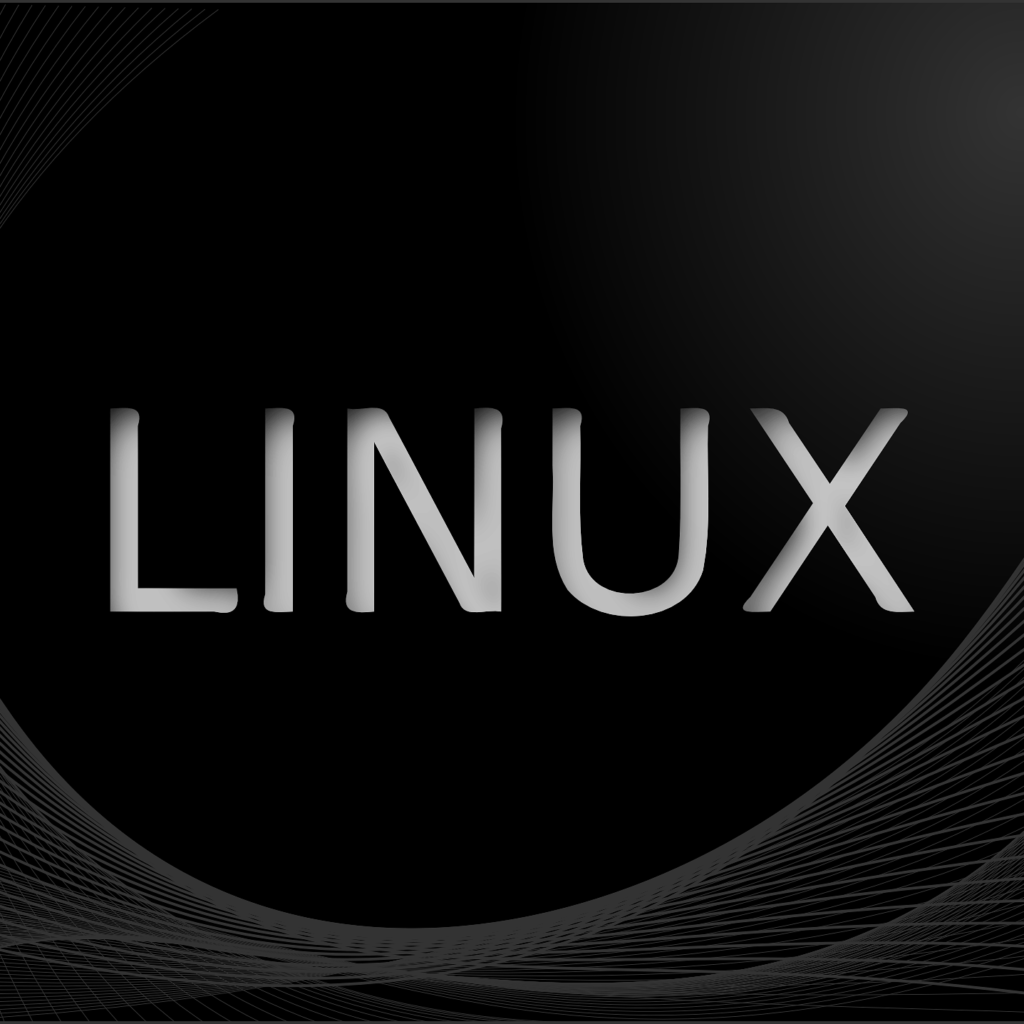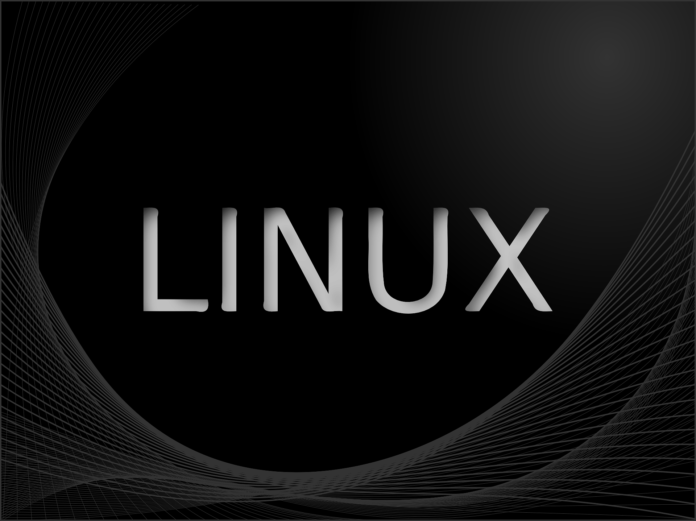
In the world of operating systems, Linux and Unix stand out as powerful, versatile, and robust options that have been embraced by enthusiasts and professionals alike. From servers to personal computers, these systems offer a plethora of features and benefits that make them worth exploring. Let’s delve into the world of Linux/Unix, understanding what sets them apart and why they continue to be popular choices.
What is Linux/Unix?
Linux and Unix are operating systems that provide a platform for running applications and managing computer hardware. Unix, developed in the late 1960s, laid the foundation for many modern operating systems, including Linux. Linux, born in 1991, is an open-source operating system based on Unix principles.
Key Features
One of the standout features of Linux/Unix is their stability and security. Due to their robust design, these systems are less prone to crashes and malware attacks compared to other operating systems. Additionally, Linux/Unix offer a high level of customization, allowing users to tailor the system to their specific needs.
Command Line Interface
One of the defining characteristics of Unix-like systems is their command line interface (CLI). While modern graphical user interfaces (GUIs) have become more prevalent, the CLI remains a powerful tool for advanced users and system administrators. It provides a way to interact with the system using text commands, offering a level of control and flexibility not always available in GUIs.
Software Ecosystem
Linux/Unix boast a rich software ecosystem, with thousands of free and open-source applications available for download. From office productivity tools to multimedia software, there’s something for everyone. Additionally, the package management systems used in Linux/Unix make it easy to install, update, and manage software packages.
Community and Support
One of the biggest strengths of Linux/Unix is their vibrant and passionate community. From forums to online tutorials, there’s no shortage of resources available to help you learn and troubleshoot issues. This community-driven approach also means that updates and improvements are frequent, ensuring that the system remains secure and up-to-date.
Why Choose Linux/Unix?
There are several reasons why you might consider using Linux/Unix. For one, they offer a level of control and customization that is hard to find in other operating systems. Whether you’re a developer looking for a flexible platform or a security-conscious user wanting a secure environment, Linux/Unix have you covered.
Getting Started
If you’re new to Linux/Unix, getting started can seem daunting. However, there are many resources available to help you on your journey. One of the best ways to get started is by installing a Linux distribution on your computer. Popular distributions like Ubuntu, Fedora, and CentOS offer user-friendly experiences and robust communities.
Conclusion
In conclusion, Linux/Unix are powerful, versatile operating systems that offer a wealth of features and benefits. Whether you’re a beginner looking to learn more about computing or an experienced user wanting more control over your system, Linux/Unix have something to offer. With their stability, security, and customization options, they continue to be popular choices for users around the world. If you’re interested in enhancing your Linux/Unix experience, consider using SOCKS5 proxies for added security and privacy. These proxies offer a secure way to browse the internet and access online services without revealing your true IP address. Check out SOCKS5 proxies to learn more.





